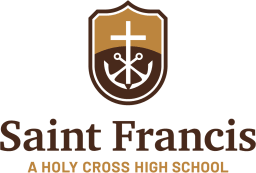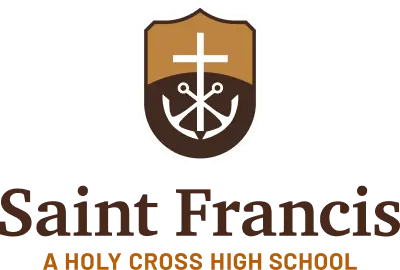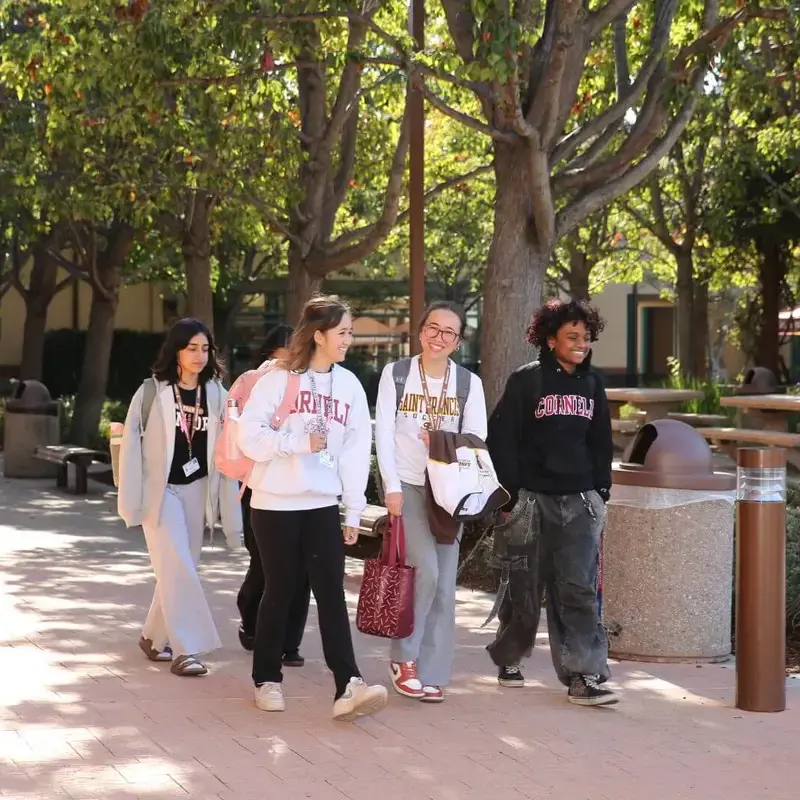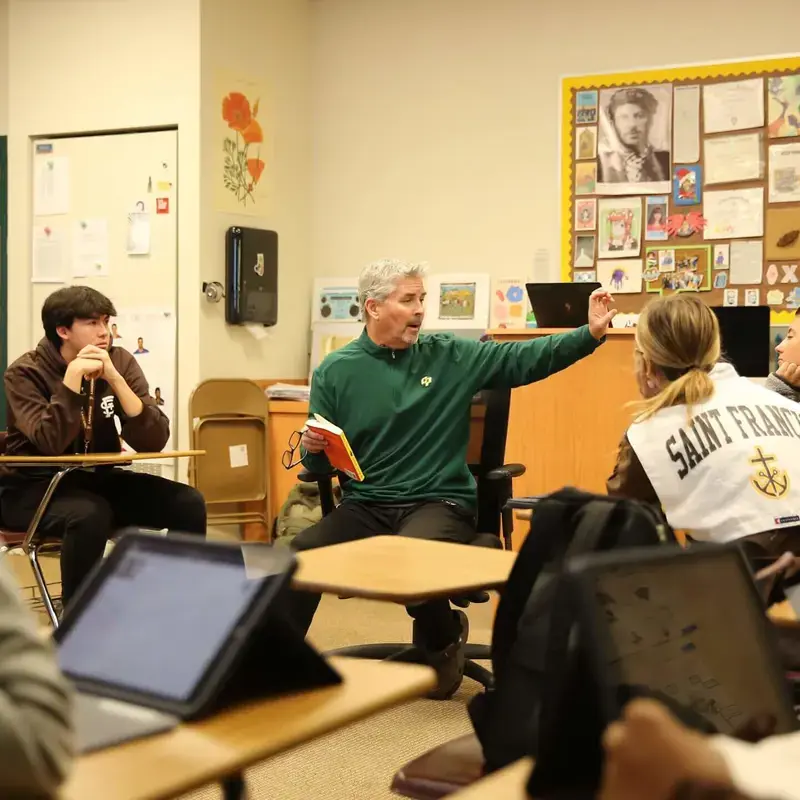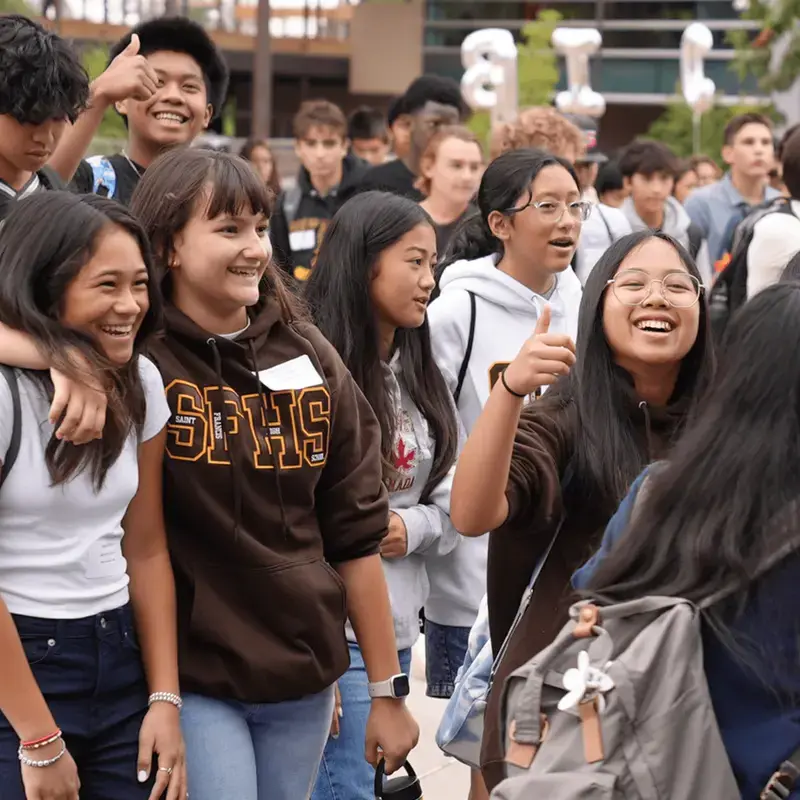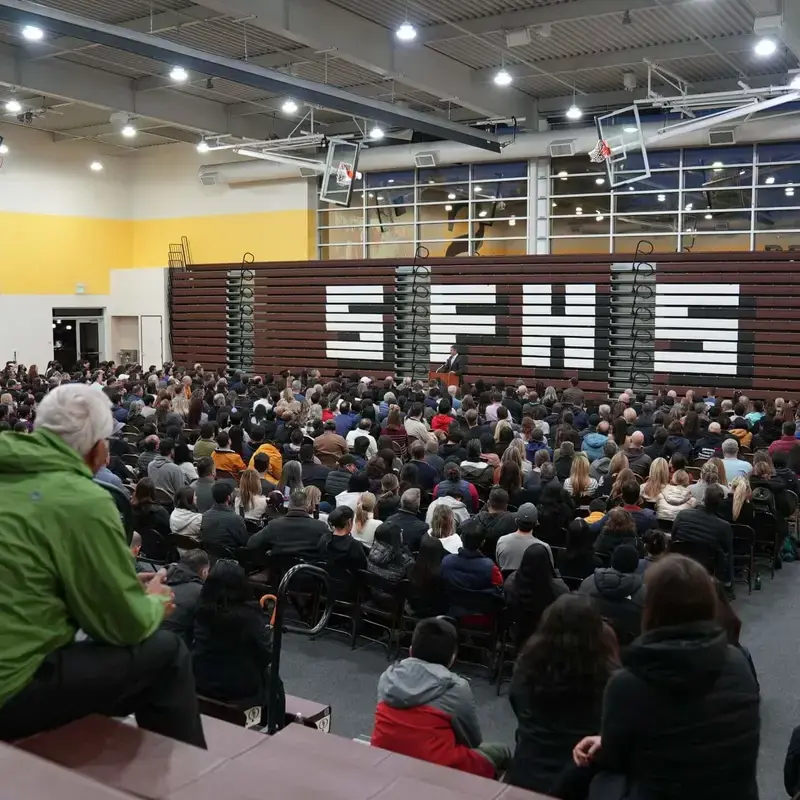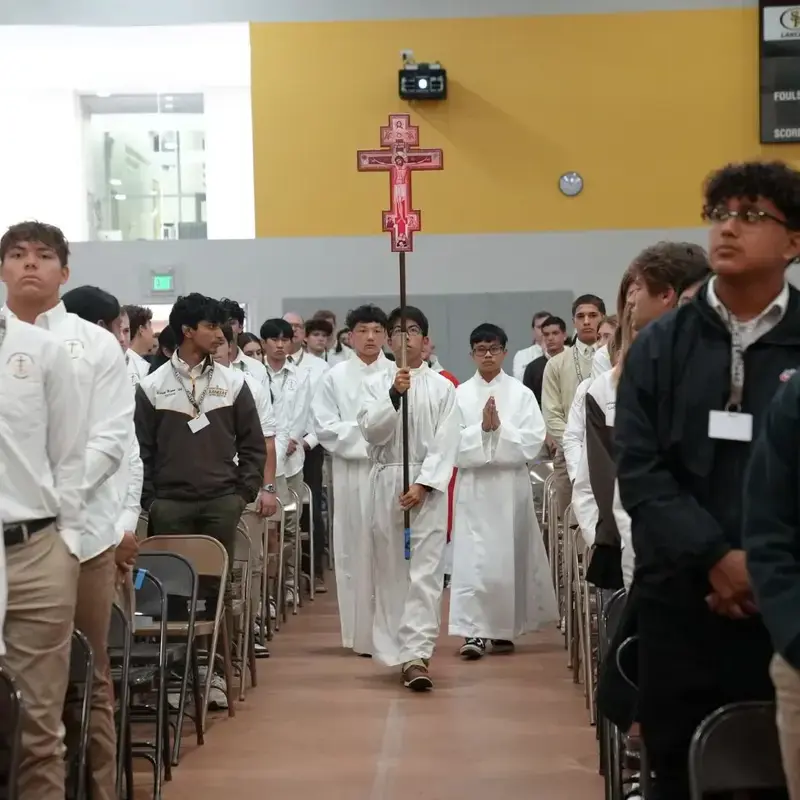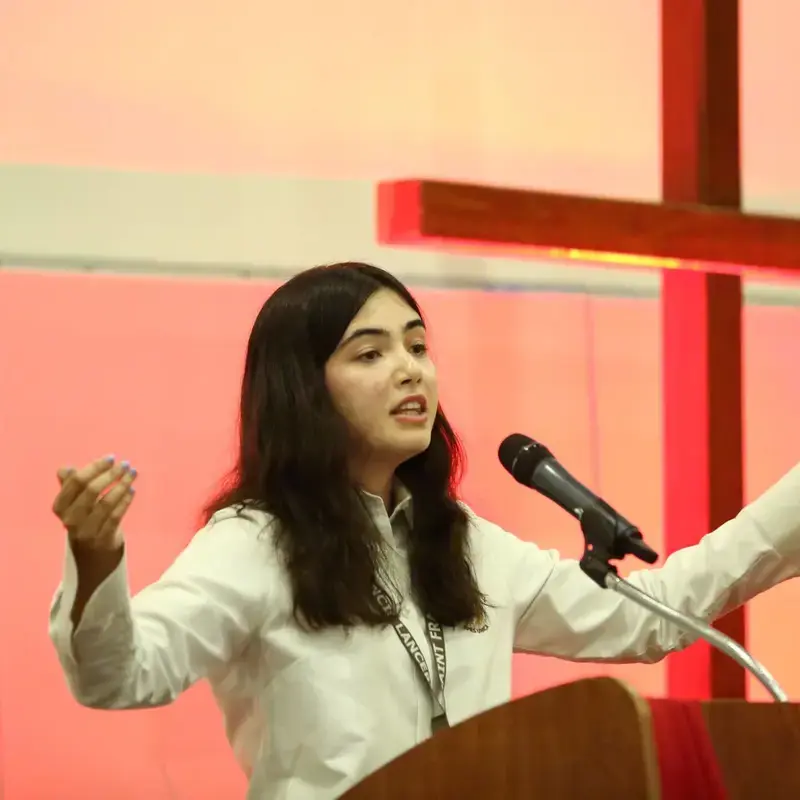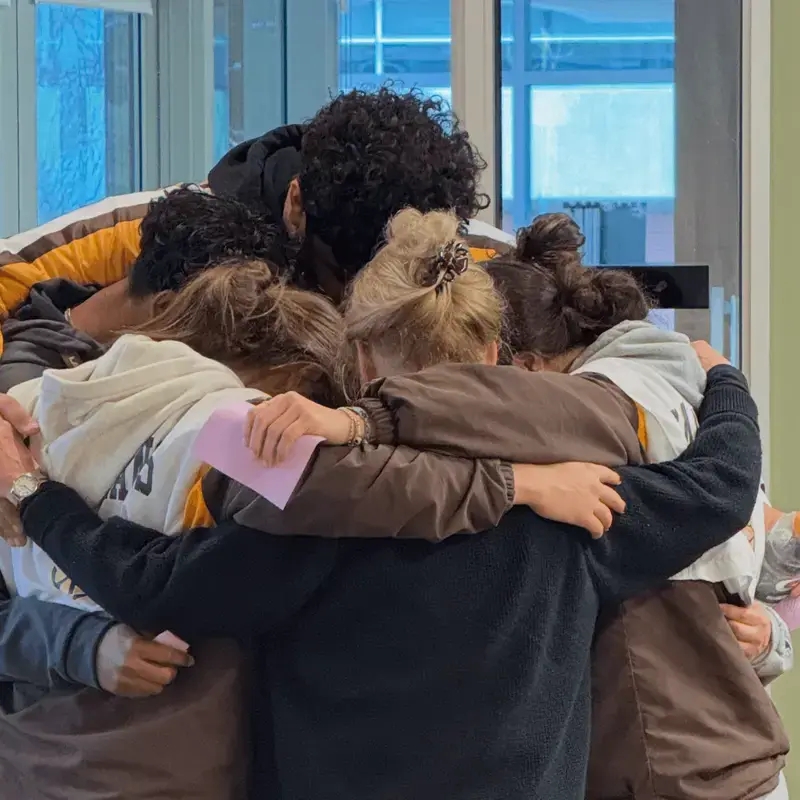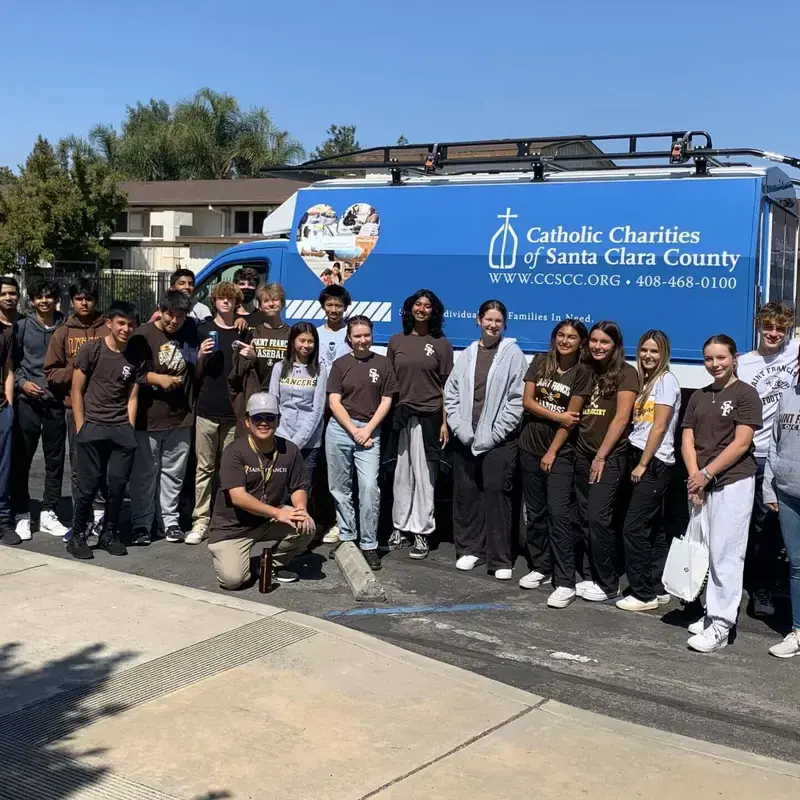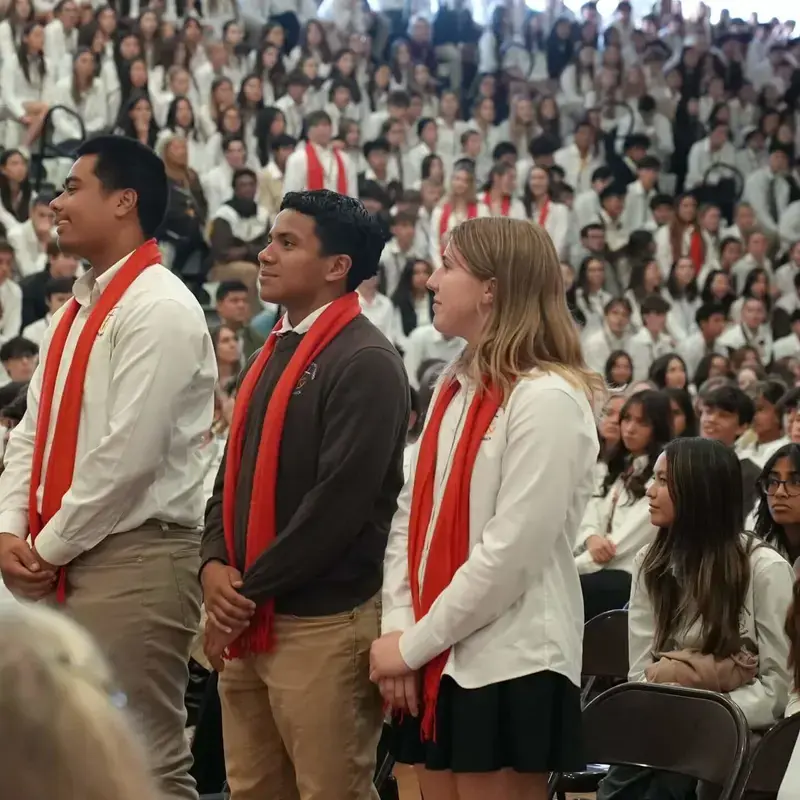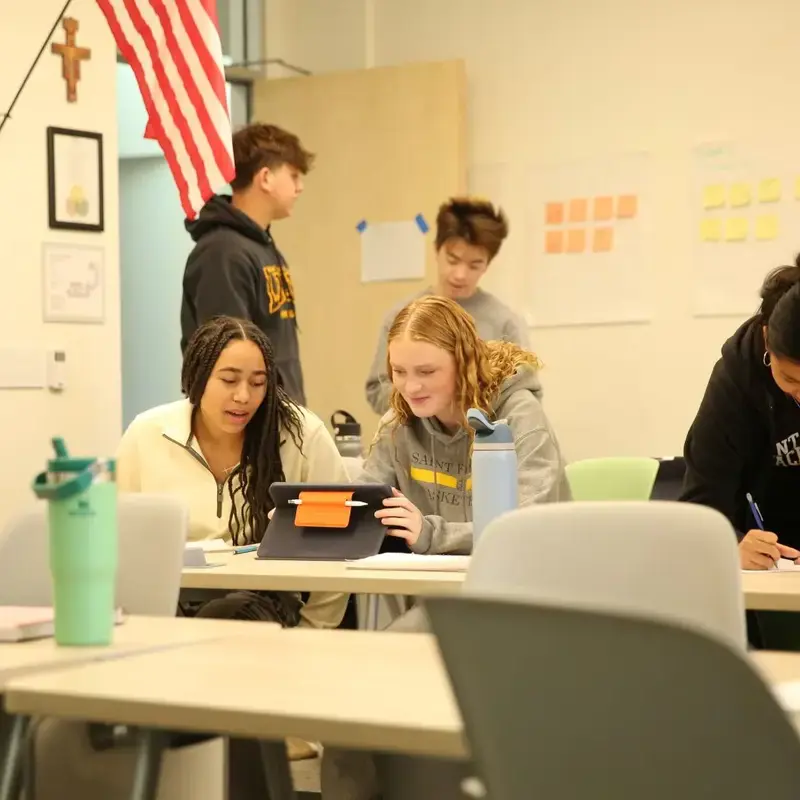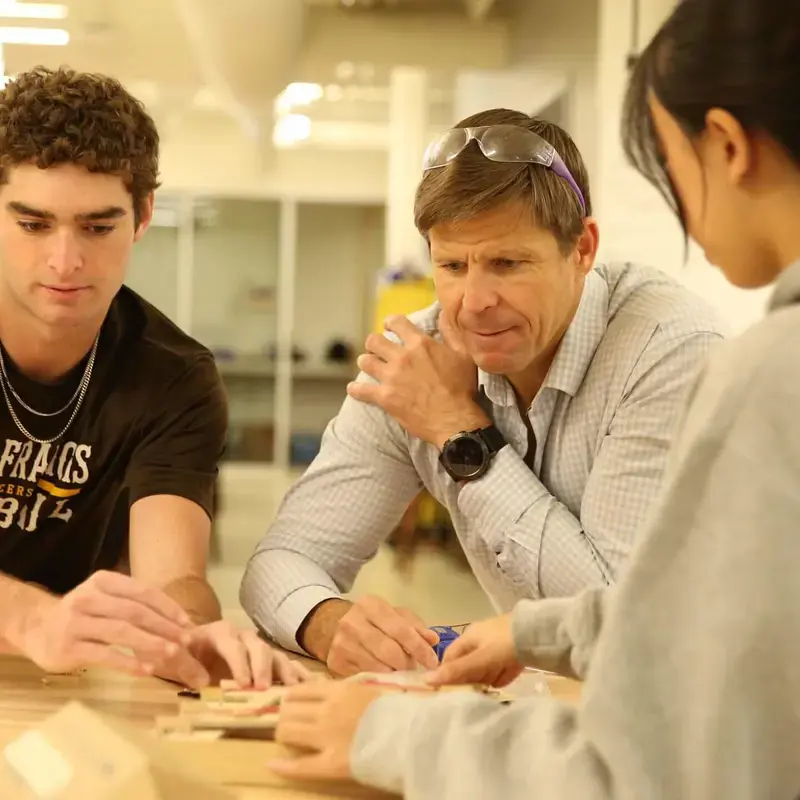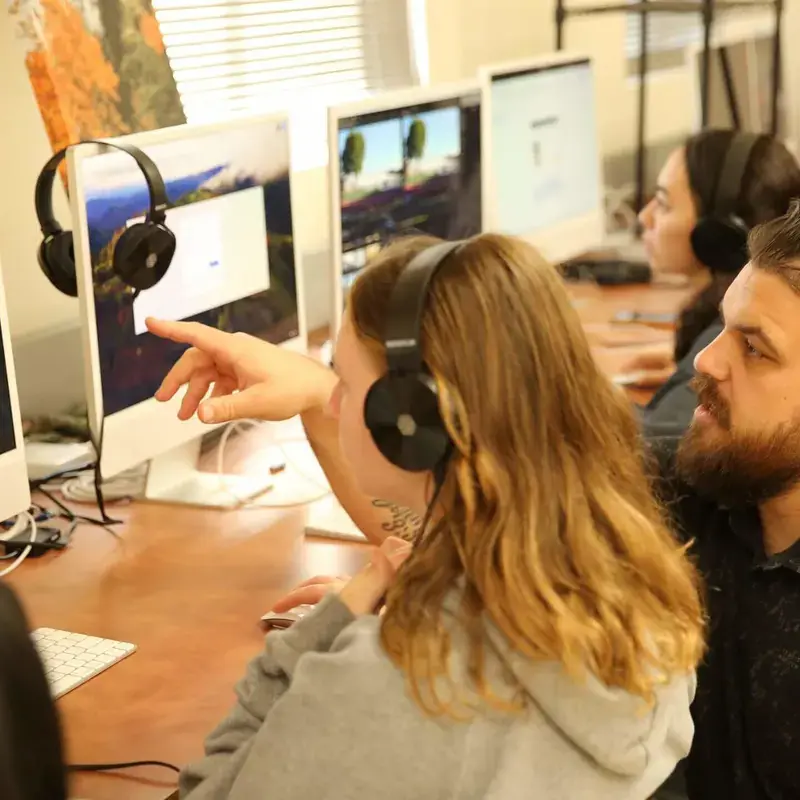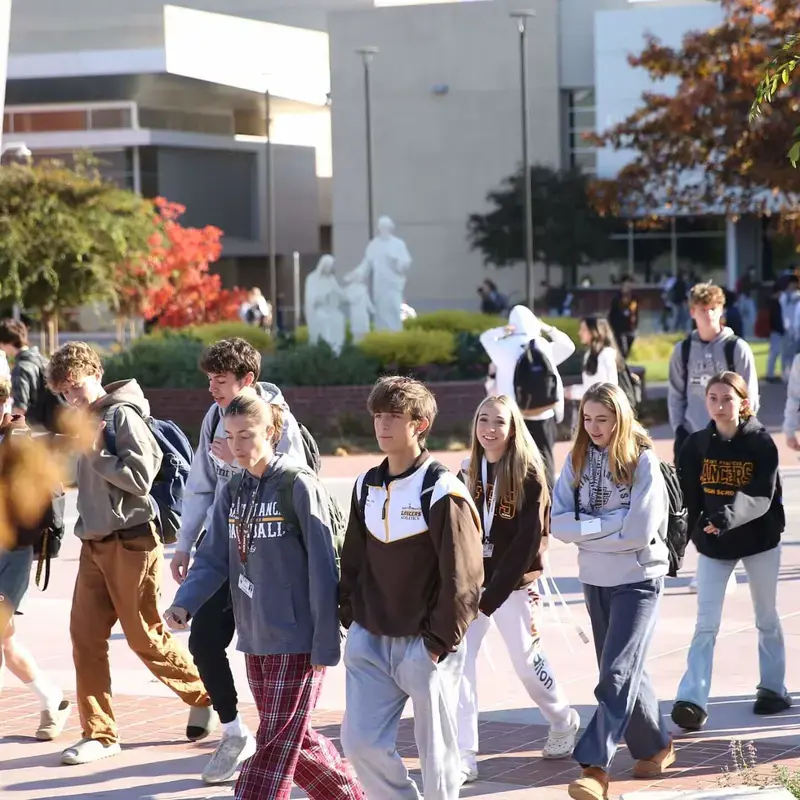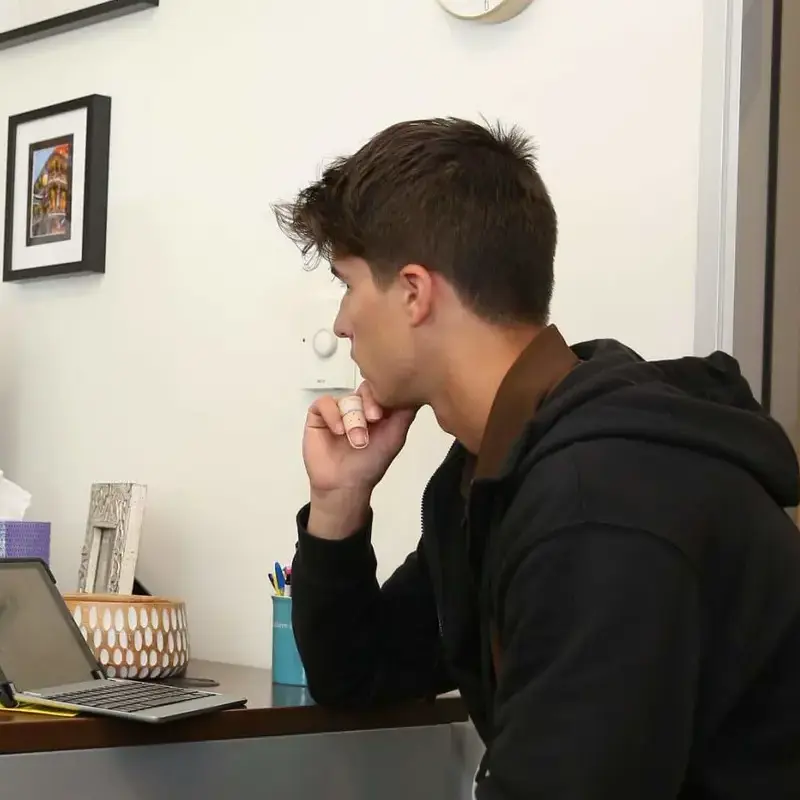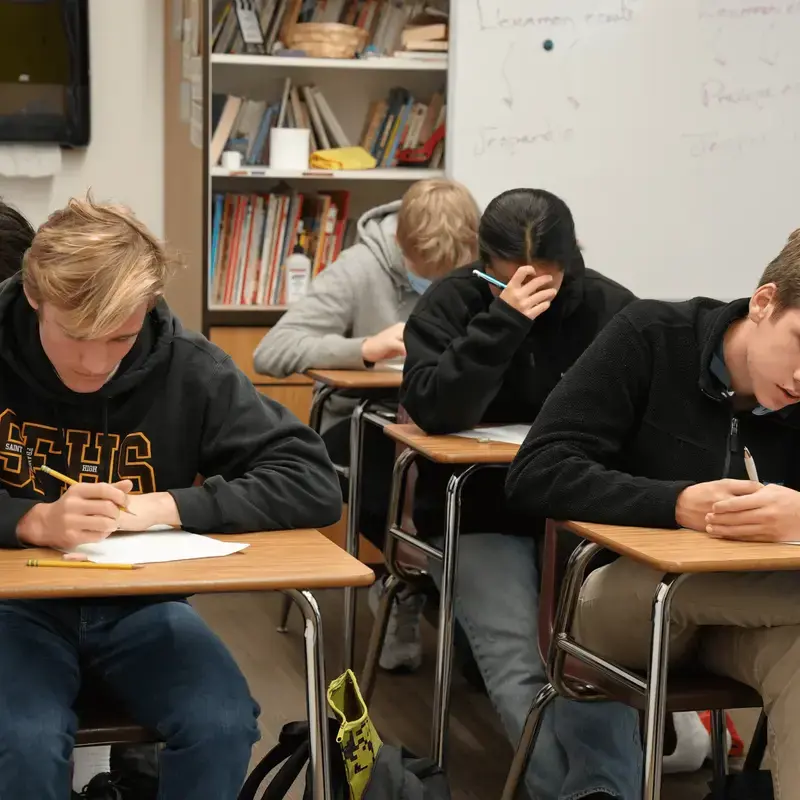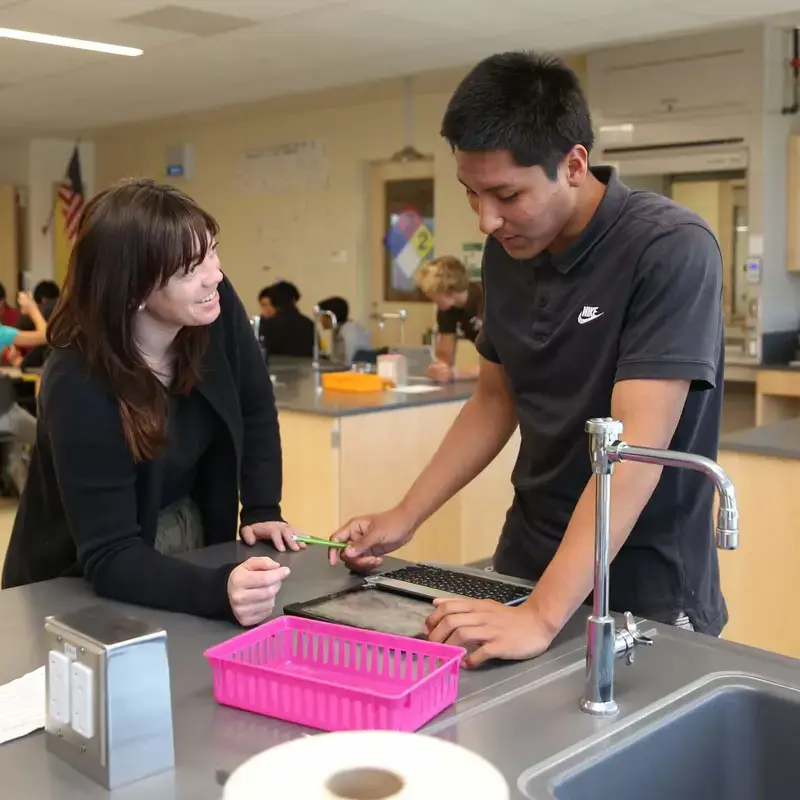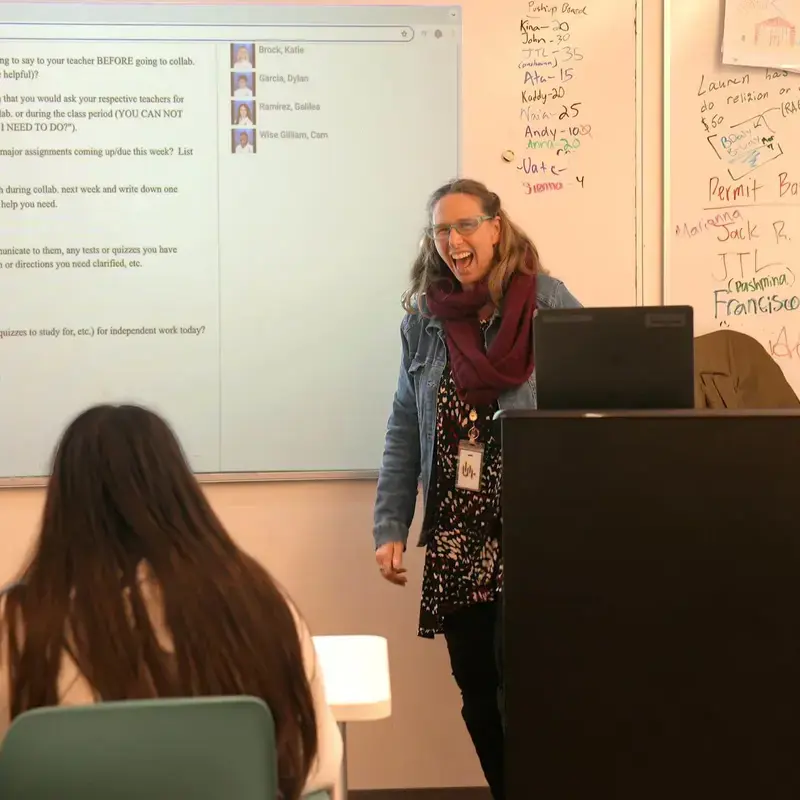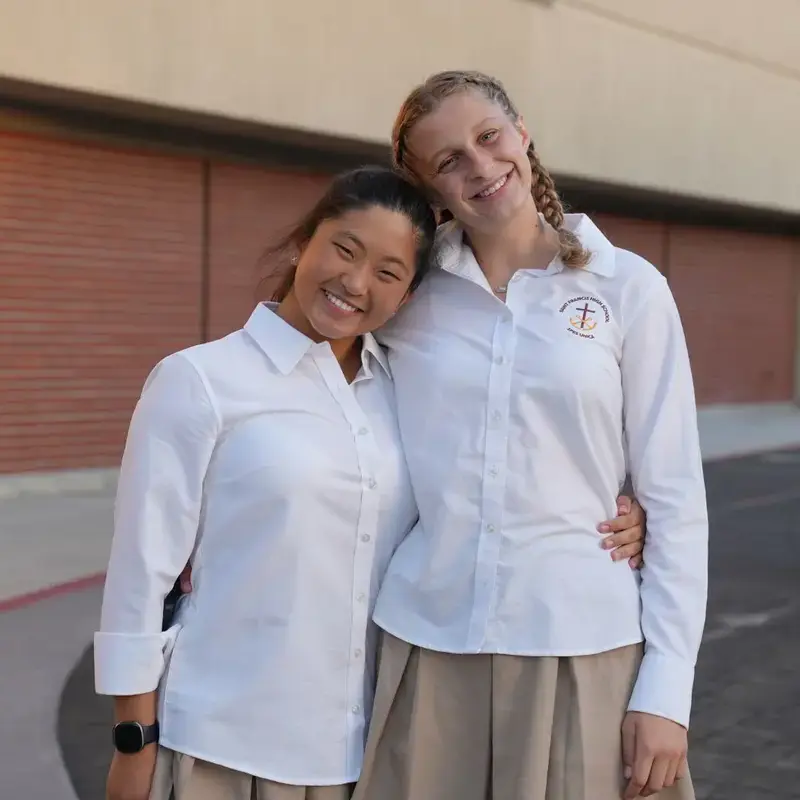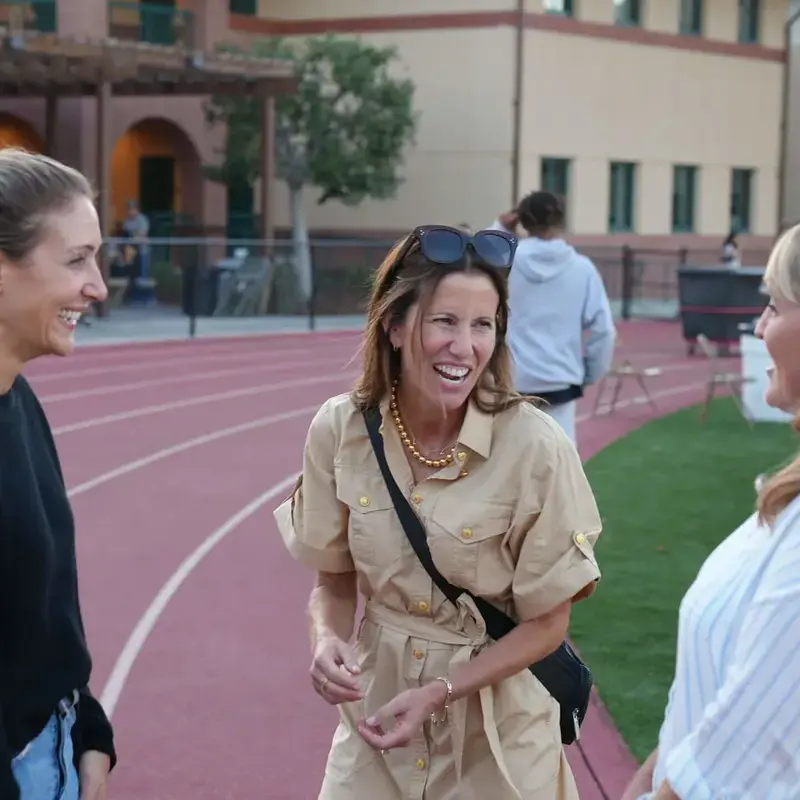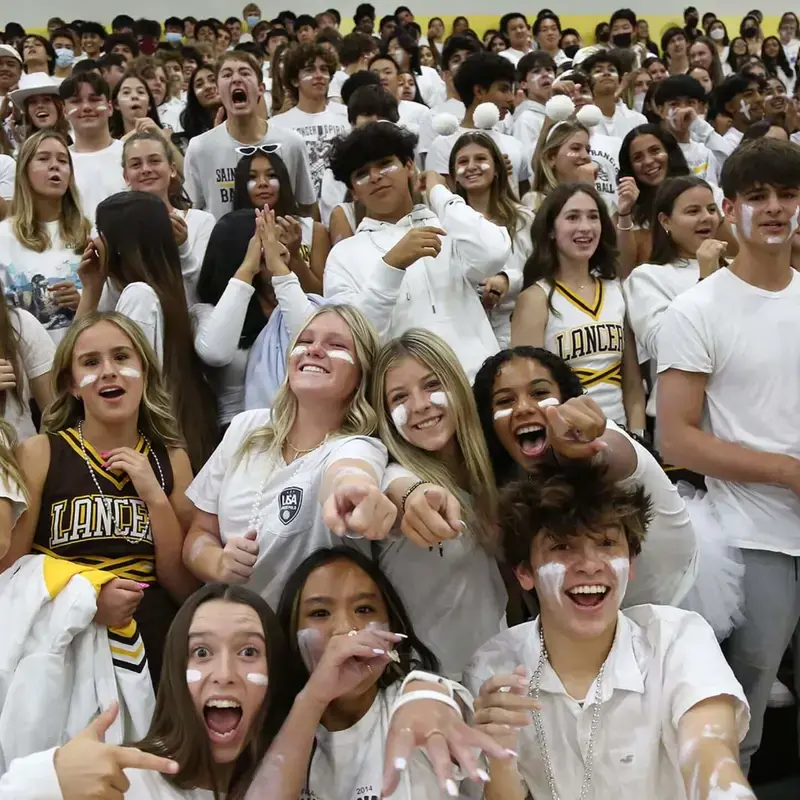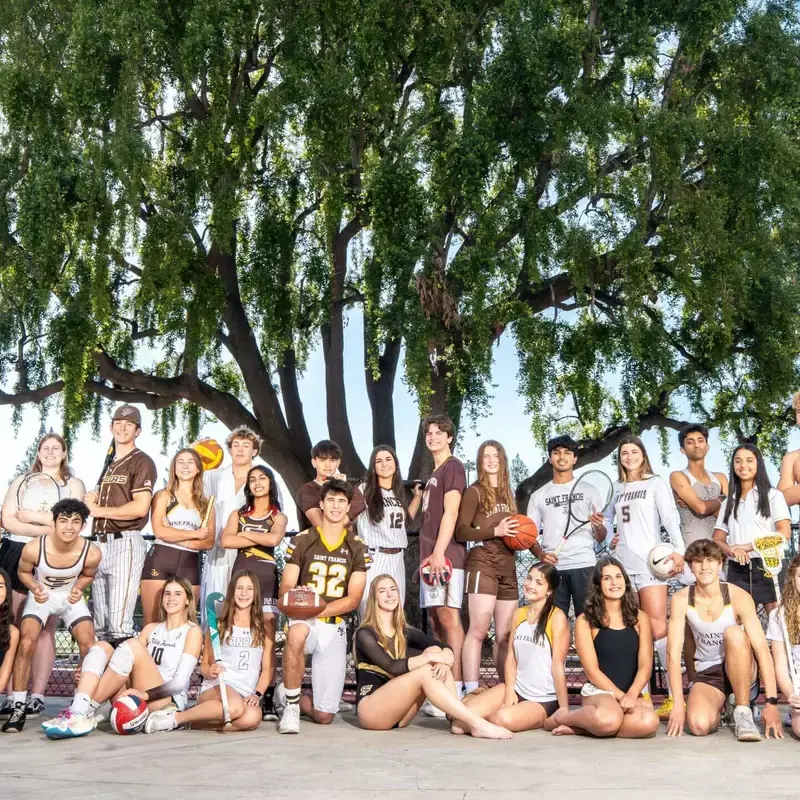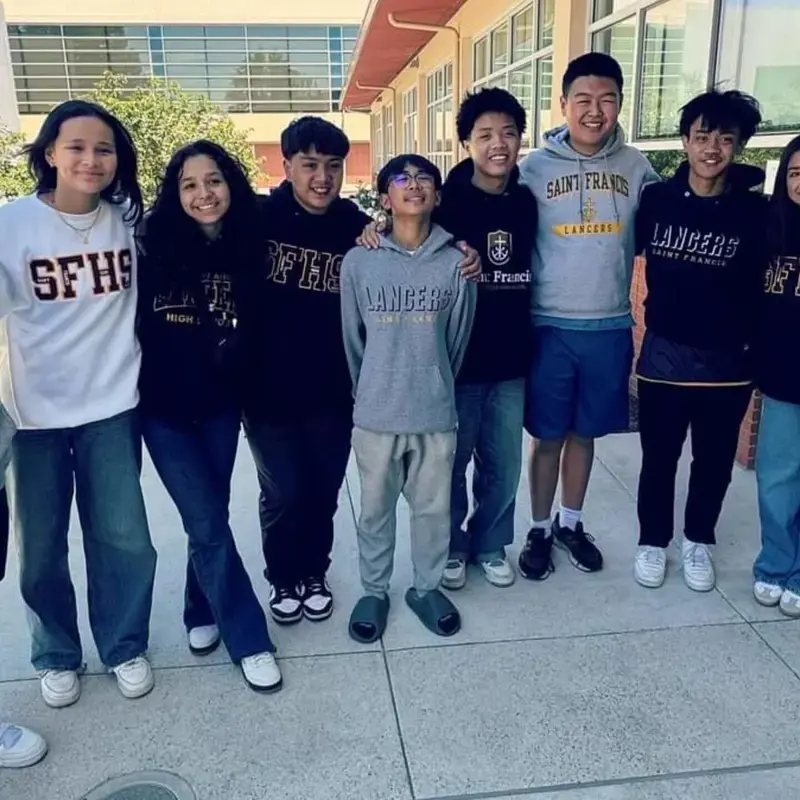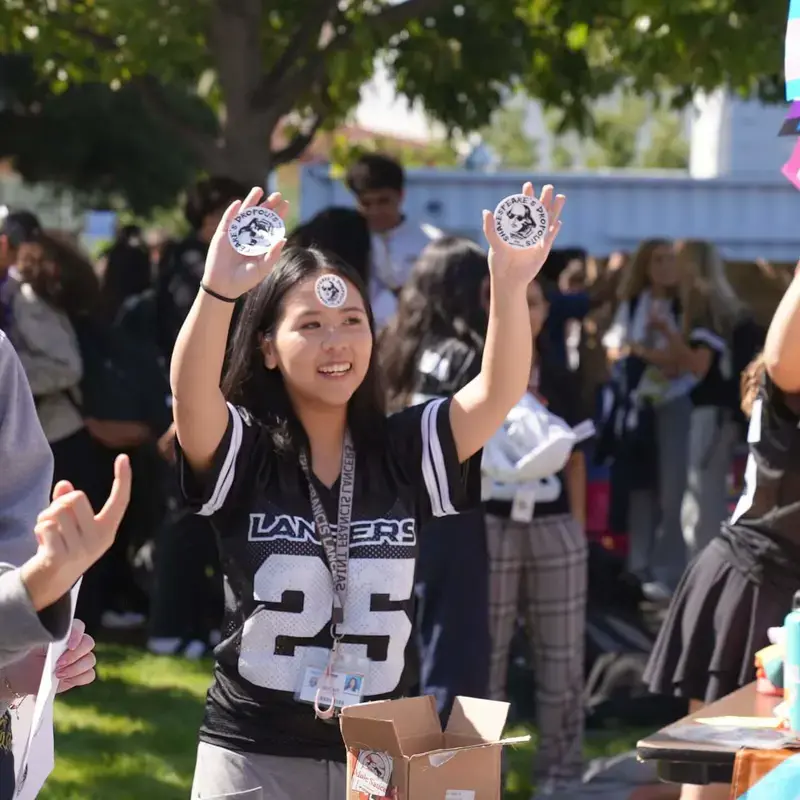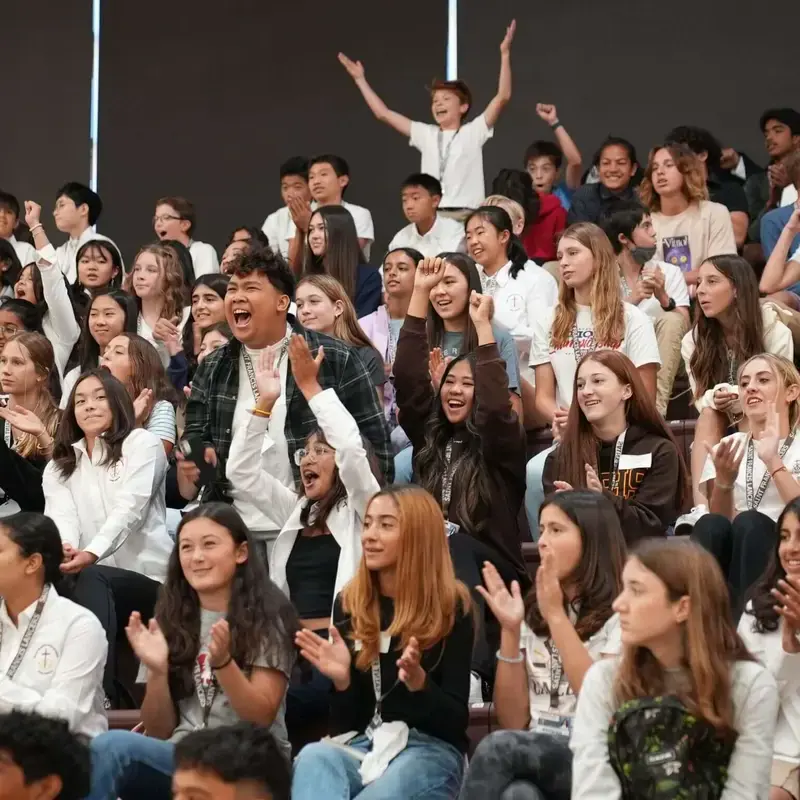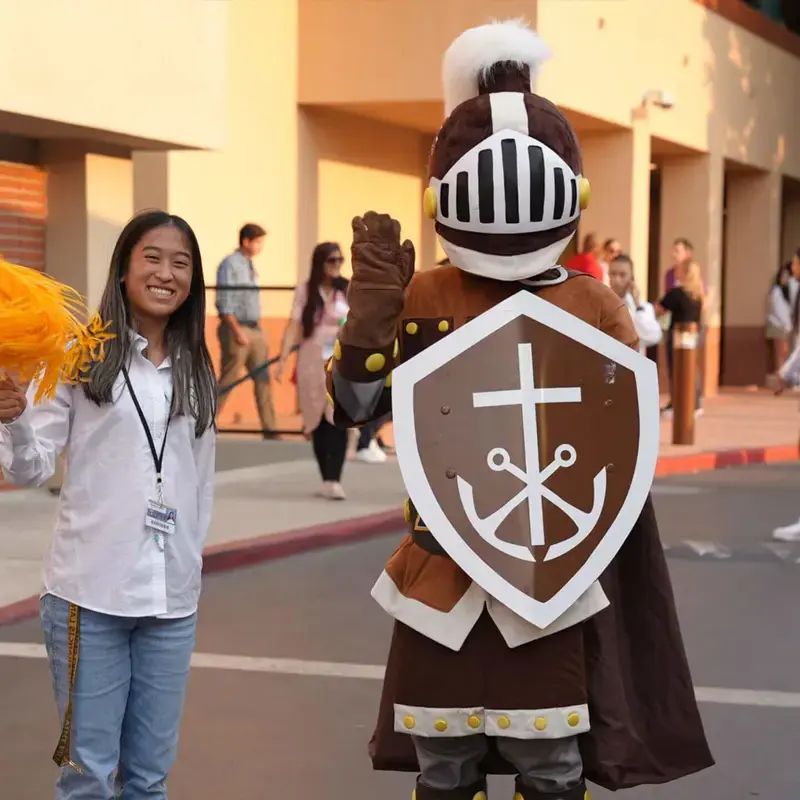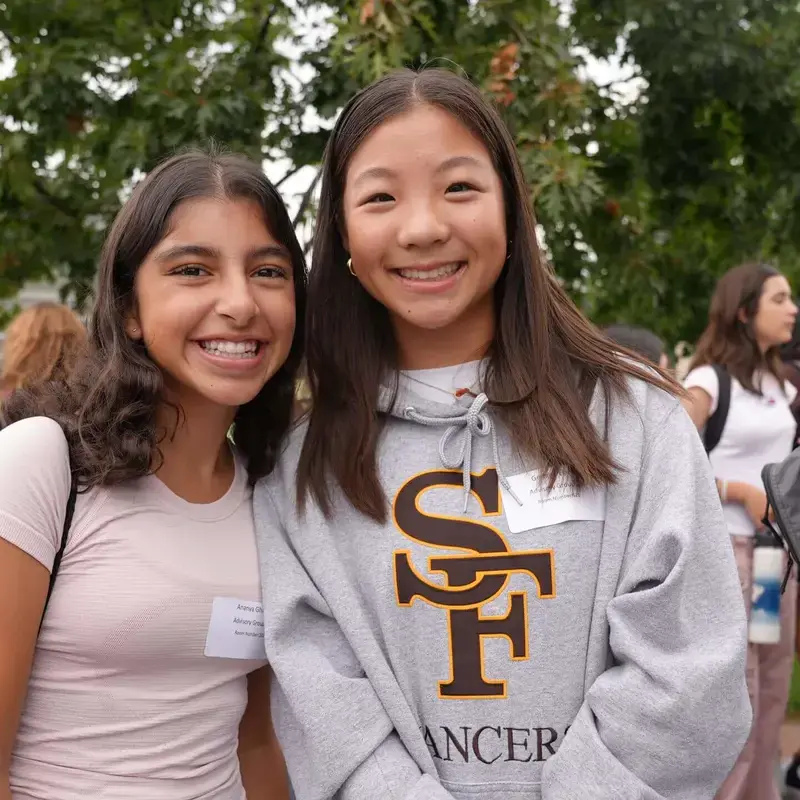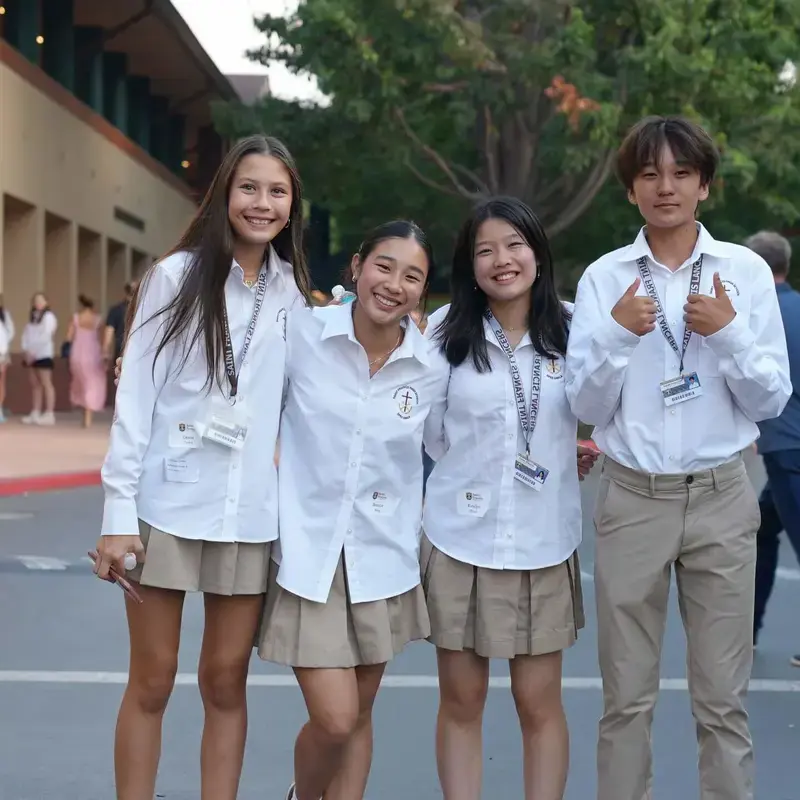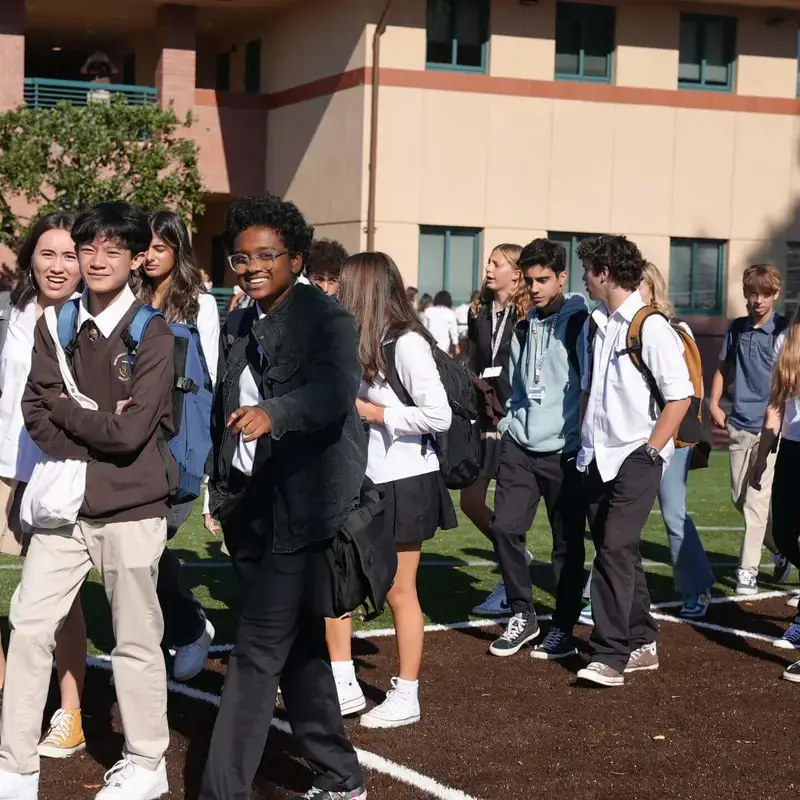Background
Educational research over the past several years has focused on traditional grading practices and how they have become an impediment to meaningful student learning.
In the unique learning environment created by the pandemic, it became apparent that traditional grading was not accurately reflecting our students’ fluency with the learning objectives. This understanding led to the adoption of equitable grading practices, which allows our students to demonstrate their deeper learning of material. Using equitable grading practices, a student’s grades will be a reflection of their mastery of the learning objectives, as published on course syllabi, unit and lesson plans. Coursework will include both formative and summative assessments to give students the opportunity to learn and demonstrate the skills and content.
Goals
When students are graded and judged on every assignment, they are discouraged from being bold and can easily become obsessed with earning points. Taking risks and having the chance to revise nurtures meaningful growth, increases resilience, and emphasizes learning and application. Equitable grading practices empower students to take ownership of their own growth and learning.
These grading practices reflect our school's commitment to nurturing the student's whole development, while restoring the learning cycle and addressing community needs. Our goal as a school is to help students become confident, independent learners, and these practices build that foundation. Students will take responsibility for their learning so that they can develop skills that translate beyond the walls of just the classroom to prepare them for life after high school.
Learning Objectives
Skill-based learning objectives are clearly stated in lesson plans and clearly communicated to students throughout the lesson. Students know how they will demonstrate mastery of the skills and how they will be assessed.
Formative vs. Summative Assessment
Students can interpret their progress toward these learning objectives in a mistake-friendly manner with formative assessment. Formative assessments help monitor student learning and allow teachers to offer feedback as students progress toward objectives. Examples:
- HOMEWORK for the purpose of practice, preparation and extension.
- QUIZZES that serve to check on students’ knowledge and comprehension while building toward higher-order skill development.
- FEEDBACK in both narrative and quantitative form on formative assessments to prepare students to complete summative assessments of the same objectives.
When students wrap up a unit, they will demonstrate their mastery of the objectives through summative assessments.
- Summative assessments vary by discipline and by skills asked to demonstrate; rather than a formative task that monitors learning or informs teaching (or reteaching), a summative assessment evaluates student learning to determine the extent to which students have met the learning objectives. Examples include but are not limited to projects that build over time, portfolios, podcasts, essays or research papers, performance tasks, end of unit or term projects or tests.
Revisable vs. Non-revisable
A goal of equitable grading is to allow students to continue to master learning objectives over the course of the semester. Revisions or retakes allow students to revisit their learning and work towards mastery if they do not demonstrate proficiency on the first attempt.
55% of the work in each course is eligible for retake or revision, when students score below 85%. When students want to improve their performance on a revisable assessment, they will be expected to reflect on their pursuit of the learning objectives before retaking or revising it under the parameters established by each level and department. On a second attempt, students are eligible to earn up to 85% credit for the assignment.
We have allowed a portion of work to remain non-revisable, and set a threshold score of 85% for revisability, in order to reduce pressure on students to achieve perfection on every assignment and to ensure they have time to focus on new learning.
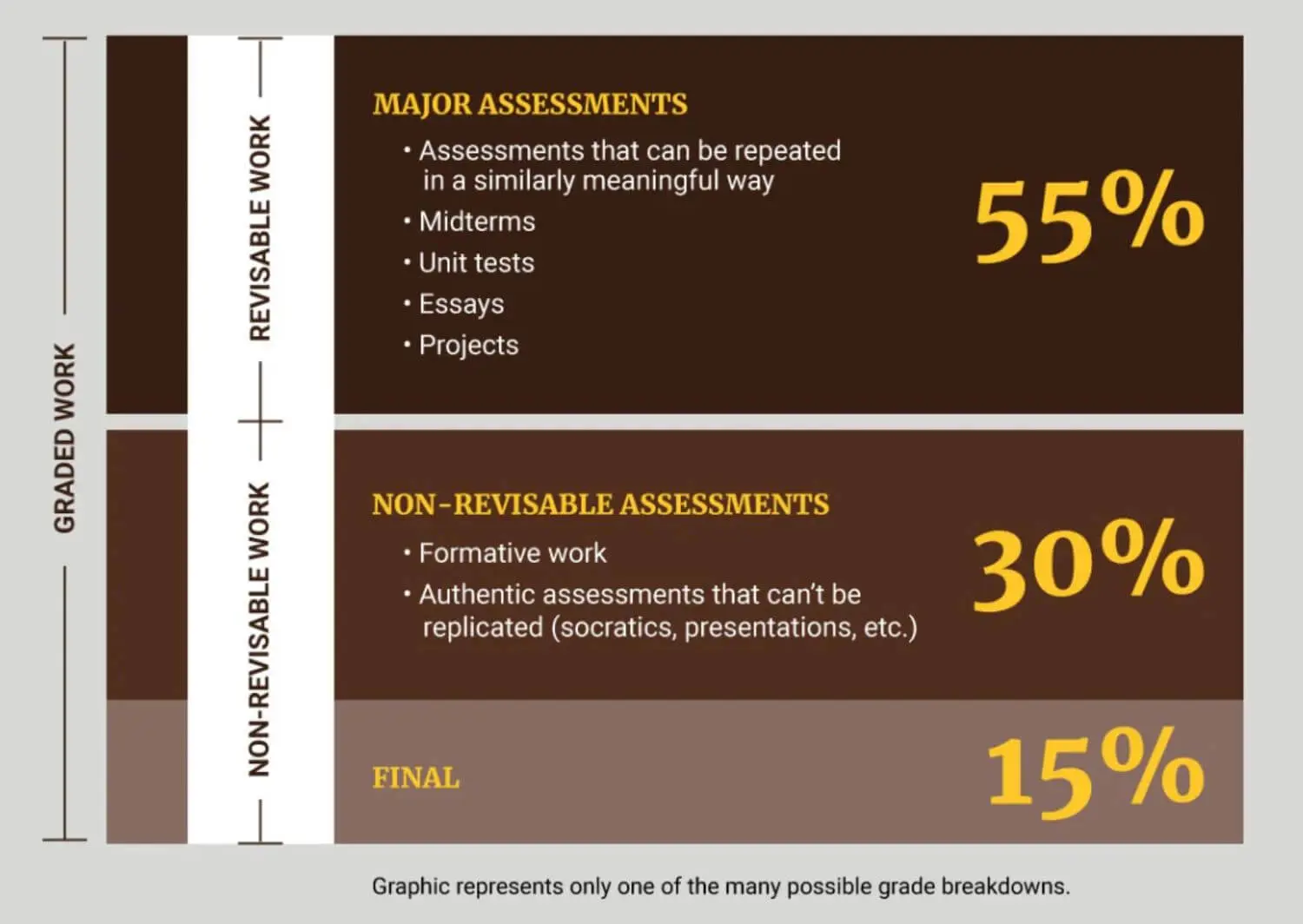
Due Dates & Flexible Submissions
The principles of equitable grading are rooted in flexibility, the idea being that the grade reflects the learning rather than the timing. At the same time, due dates do reflect a reality of the world of work, and allow students to complete a cycle of learning before moving on to learning new material.
In order to strike a balance between flexibility and accountability, the flexible submission policy provides students the opportunity to request two additional calendar days to submit out-of-class work without penalty. Work submitted after two calendar days will be docked 10% per day late, up to 50%.
Students are always expected to complete in-class assessments (exams, timed writing, etc.) during class time on the day assigned.
Additional Details
- EXTRA CREDIT: In keeping with the goal for students’ grades to reflect their mastery of the learning objectives, “extra credit” will not be used.
- GROUP GRADING: Collaboration is a meaningful skill and should continue to be developed; however, group work will not contribute to an individual’s grade. There is no “group grade."
- MINIMUM GRADES: Graded work turned in will earn at least a 50%. Missing work will be issued at least a 50% or will receive an M for missing summative assessments where complete is mandatory.
- INTEGRITY VIOLATIONS: Students found to be in violation of academic integrity with a cheating or plagiarism offense will be issued a referral to the Deans and will be subject to disciplinary action, which has implications for the student’s ability to do a revision/retake or complete the assignment, depending on the level of the offense.
How Can We Help?
The Graduate Outcomes at Saint Francis reflect our commitment to forming well-rounded individuals rooted in the Holy Cross tradition. If you have questions about how these outcomes shape our academic programs, faith formation, or student life — or how they guide our long-term vision for student success — our Academic Office is here to help.
Please reach out to our team with any questions about curriculum alignment, student development, or how we support your child in becoming a person of faith, a motivated scholar, and an engaged global citizen.
|
Academic Office |
Meighan Wilson Friedsam'97 |
